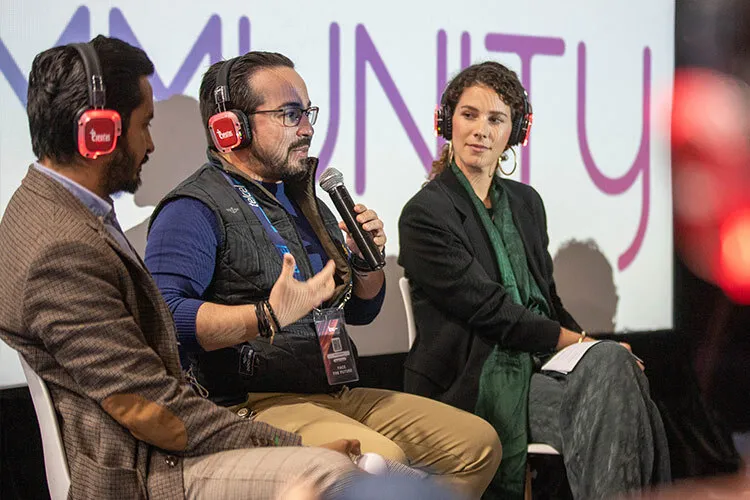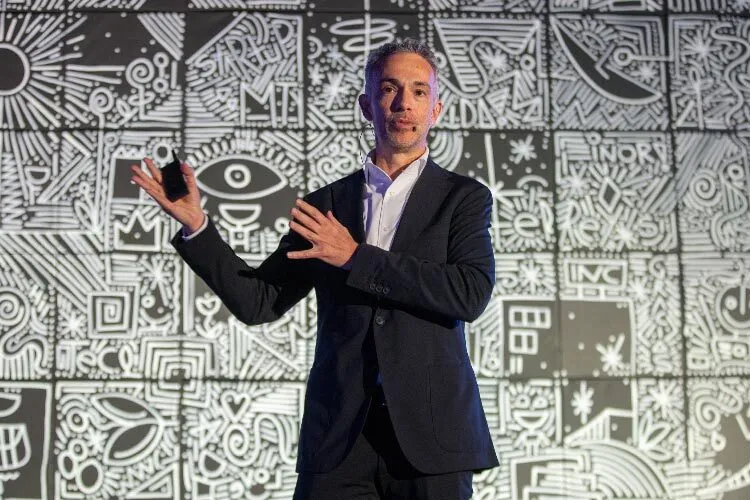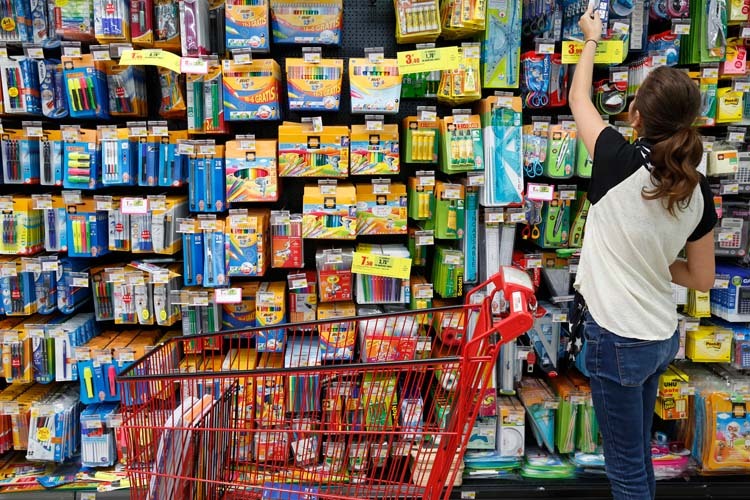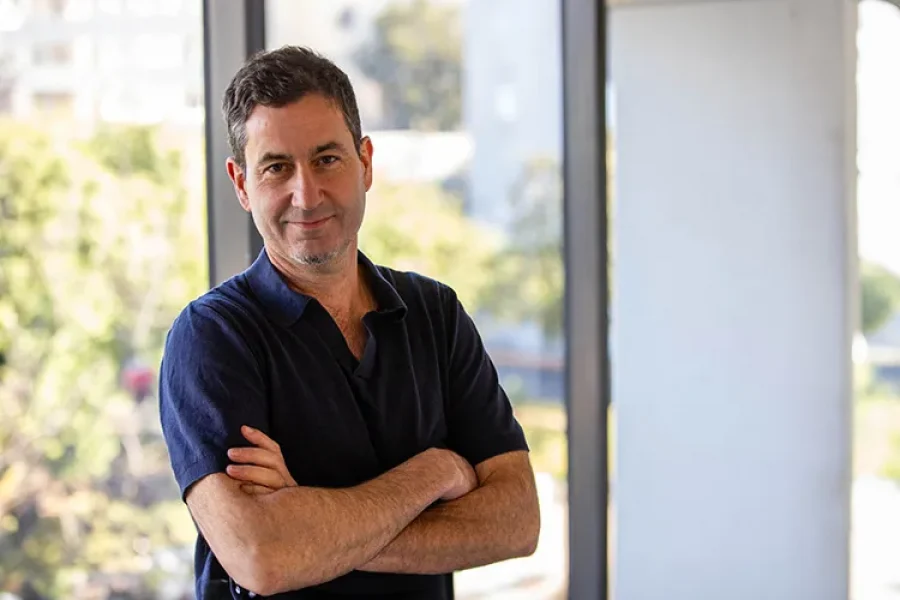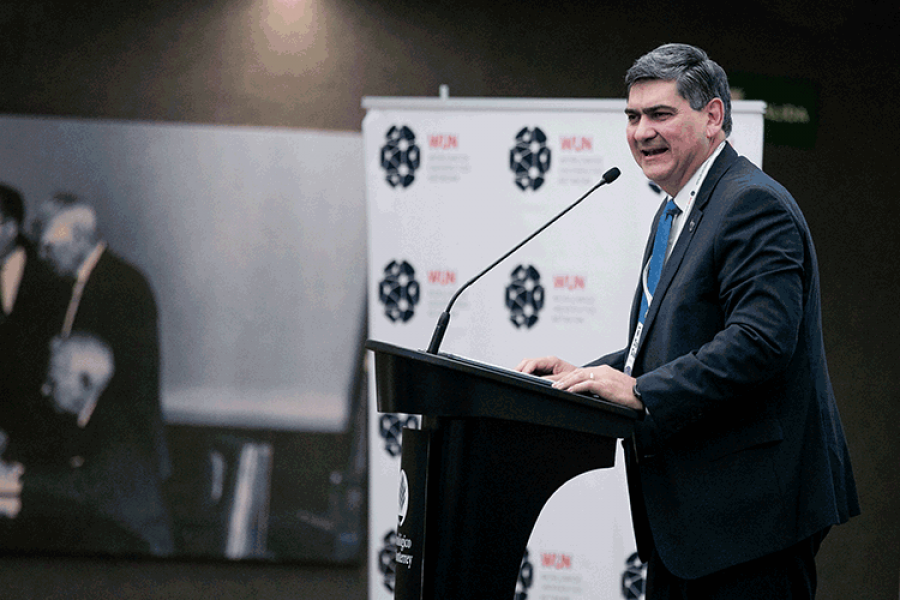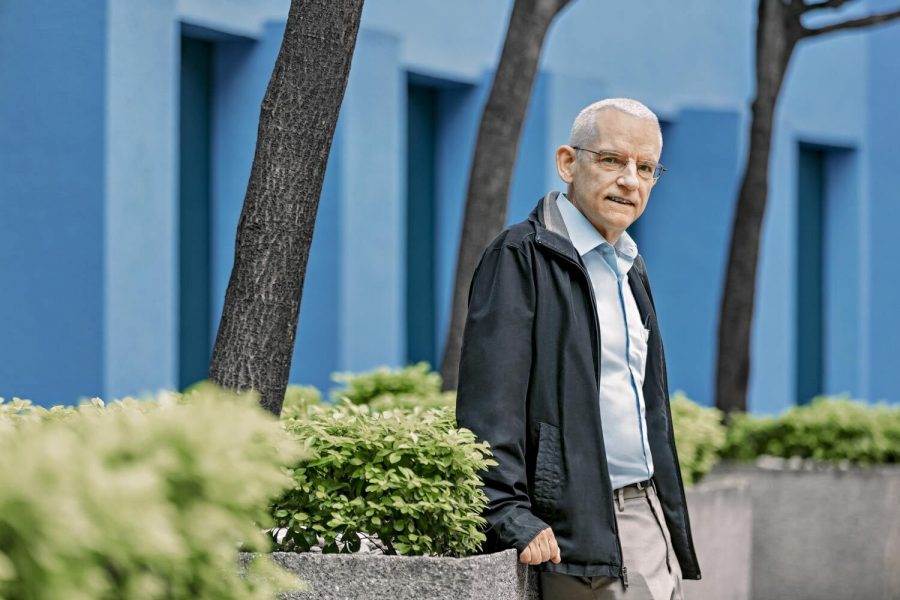Trends such as sustainable building design, painting that absorbs CO2 from the environment, and even the use of Artificial Intelligence were discussed by experts in the Air Community initiative that aims to make the ventilation and air conditioning industry more sustainable.
Leaders discussed the importance of researching, innovating, and transforming the air business by using technology, optimizing operations, decreasing carbon footprint, encouraging certifications, and adopting a circular economy.
The panel Transforming the air we breathe: Innovation, challenges, and solutions for air quality, within the 2023 incMTY festival, included Eduardo Daniel Sánchez Martínez, director of the Energy Agency of Nuevo León, Eleazar Rivera, founder of the consulting group ÉRGON, Chantal Chalita, environmental consultant at TIUMA, Ecowa, and SGG, and was moderated by Paloma González from DAIKIN.
The need to raise awareness about air and how it may become a more sustainable and innovative industry was highlighted during the conversation, based on addressing the issue from many sectors such as government, corporations, and citizens inside or outside their homes.
“We need constant innovation to address this issue, especially because it’s a vicious circle; the more air conditioning we use, the warmer the planet gets,” Paloma González, said.
Government, industry, and society united for clean air
Eduardo Sánchez underlines the necessity of government in creating and carrying out public policies to improve air quality.
Especially in cases like northeastern Mexico, where the need for HVAC (Heating, Ventilation, and Air Conditioning) systems demands an increasing quantity of energy due to the region’s economic expansion.
According to Eleazar Rivera, this requires technical innovation within the industry in order to increase equipment efficiency and solve basic challenges, such as studying ecological non-harmful refrigerants.
Another technological highlight is the ability to use heat from the equipment in other operations.
“Ventilation simply moves hot air somewhere it isn’t needed, but if we could use it, we’d have an energy source. We also need to look into the circular economy,” he says.
A turning point and cultural shift in air conditioning
According to Chantal, the pandemic acted as a wake-up call that not all architecture, building design, or ventilation systems were suitable for ensuring indoor air quality.
This paved the way for new and current technologies, such as ultraviolet light or air purifiers, to be researched and developed to provide a safe atmosphere.
Another aspect pointed out by experts is the need to promote knowledge about air care solutions at the commercial and organizational levels in order to avoid Greenwashing or false advertising of apparently eco-friendly products or services.
“The biggest greenwashing is that we confuse philanthropy with social responsibility,” said Chalita.
The specialist underlines the importance of investing in environmental initiatives, becoming aware of how profits are made, and incorporating ecology into these efforts.
“We need to raise awareness in the industry, government, and the general public. it’s not just about complaining; it’s about demanding and seeking solutions,” Sánchez ends.
